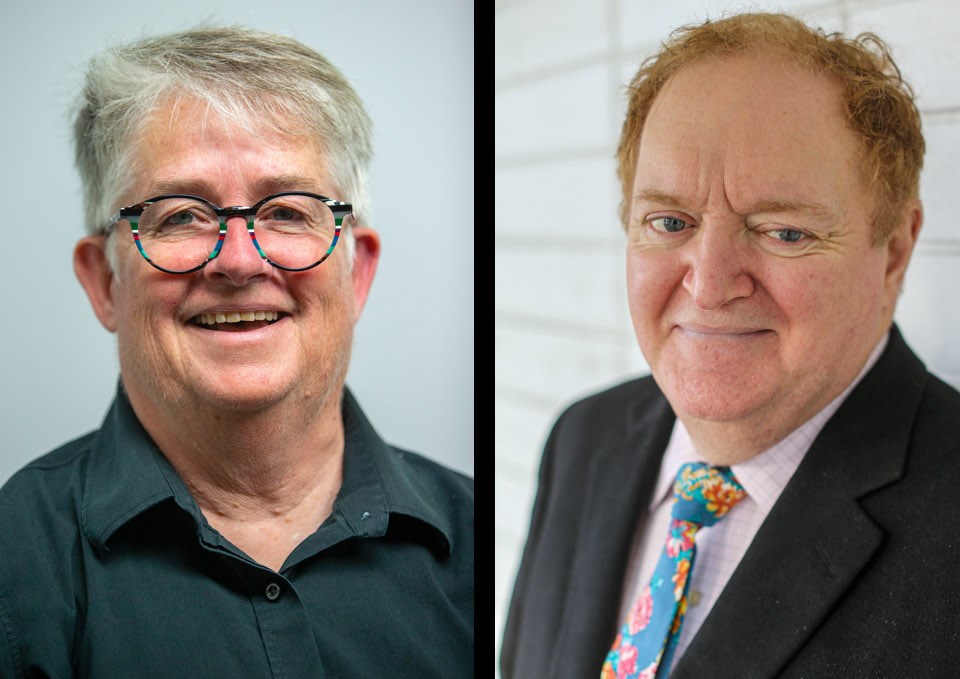Victoria could draw more family doctors to the city if developers offered floor space in new buildings for use as clinics, as part of amenity packages in return for development permits and variances for their new projects, says one of the frontrunners in the City of Victoria mayoral race.
Current city councillor Stephen Andrew, one of eight people vying for the mayor’s chair, said developers could provide the square footage instead of cash payments or amenities like park space or sidewalks typically provided in return for increased density.
Andrew said the city would turn that chunk of land over to a non-profit that could then offer it to a doctor, allowing a physician to set up practice without worrying about property taxes or rent. “When you look at how much a doctor can bill as a [general practitioner], they just don’t make enough money,” he said. “They can’t even recoup their education costs.”
It’s estimated there are 100,000 people on the south Island, and 900,000 provincewide, without a family doctor.
Andrew said low or no rent would be unlikely to draw doctors who currently work in hospitals, but it could be enough to convince doctors to relocate from other areas.
“I think it will be enough of an incentive to make it competitive for them, so they will be able to come in, operate their practice and not have to worry about all that [overhead],” he said. “We have to make sure doctors are going to be successful. That’s why a lot of doctors have been closing up shop — for basics like checking your tonsils or your prostate they’re getting such a small amount of money, it’s just not worth their time.”
His fellow frontrunner in the mayor’s race, Coun. Marianne Alto, agrees with the idea, and notes she has been saying as much for months.
“I’ve been talking about this for about a year and highlighted it as one of my top priorities when I opened my campaign office in August,” said Alto, who has been speaking with a number of small-town mayors who have explored using incentives to bring health professionals into their communities.
Alto said in some cases, they have provided housing, some forms of tax relief, places for medical professionals to work at lower rents, and food and rent supplements.
“I’m not sure all of those are within the ambit of municipal governance, but certainly they’re worth exploring,” she said. “My position is you have to be willing to push boundaries and be a bit bold if you really want to make some inroads on this.”
Alto, who hasn’t had a GP in eight years, said there are possibilities the municipality can pursue that include hiring a person to recruit medical personnel, as the Town of Creston did.
She said the job was to tour cities and tell doctors and nurses what the town offered and what they could do for them.
Alto said the city should do what it can to make Victoria more attractive to health professionals like GPs, nurses and specialists, and for health support workers such as technicians and assistants.
She said any incentive program would have to be done in concert with Island Health, which would manage establishing credentials and hiring those working in hospitals.
>>> To comment on this article, write a letter to the editor: [email protected]



